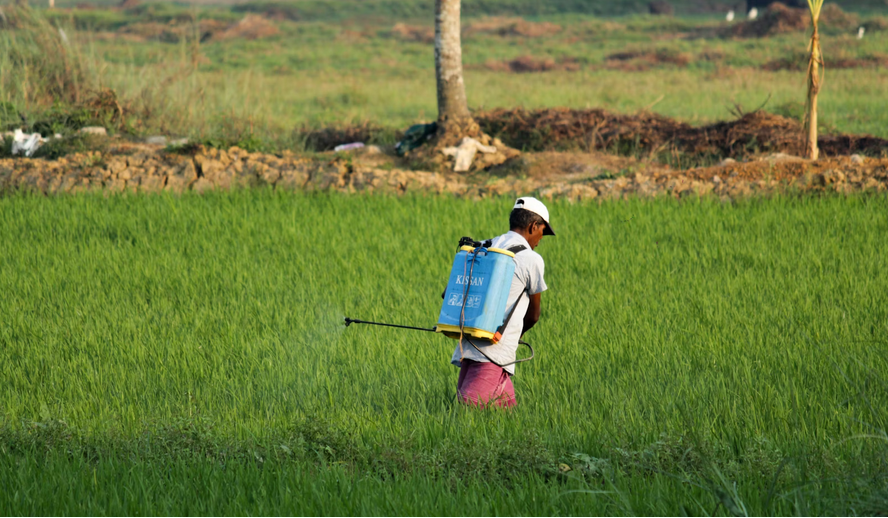Are you being charged with a crime? You might find yourself grappling with questions about your rights, the complicated legal process, and the best steps to take next. The reality is that knowing what to do in this situation is crucial for protecting your future. First off, you need to hire a criminal law firm. They can help you in so many ways. We’ll talk about it later.
Navigating the criminal justice system requires clarity and understanding. It’s essential to grasp your rights and how to leverage them effectively. From exercising your right to remain silent to considering plea deals, there are many facets at play when facing charges. This guide will help you understand what every defendant should know as they embark on this challenging journey.
Your Right to Remain Silent, Fair Trial, and More
When facing criminal charges, understanding your rights is vital. One of the most important is the right to remain silent. This means you don’t have to answer questions from law enforcement without a lawyer present. Silence can be powerful; using it wisely may protect you. Another fundamental principle is the right to a fair trial. Every defendant deserves impartiality in court proceedings. This ensures that evidence and arguments are evaluated fairly, allowing for justice to prevail. You also have the right to legal representation. A skilled attorney will guide you through complex legal waters and advocate on your behalf.
The Importance of Hiring a Criminal Lawyer
As mentioned, you have the right to legal representation. In fact, a skilled criminal lawyer becomes your advocate in this challenging time. They understand the legal system inside and out. This knowledge is crucial for navigating complex court procedures and regulations. A good attorney evaluates your case carefully, identifying strengths and weaknesses you might not see. These professionals can craft a solid defense strategy tailored to your situation. Moreover, they negotiate on your behalf with prosecutors. Experienced lawyers are adept at reaching plea deals that could significantly reduce penalties or even eliminate charges.

Plea Deal
A plea deal can be a pivotal moment in a criminal case. It often offers defendants an opportunity to resolve their situation without going to trial. This option may lead to reduced charges or lighter sentences. Understanding the terms of any plea agreement is crucial. You must know what you’re giving up and what you’re gaining. Not every offer on the table will serve your best interests, so careful consideration is essential. Negotiating a plea deal typically involves discussions between your lawyer and the prosecution. Your attorney’s experience plays a significant role here. They can help navigate this complex process while ensuring that your rights are protected.
How to Appeal the Decision
If the verdict doesn’t go in your favor, know that appealing is possible. First, gather all necessary documents. This includes trial transcripts and any evidence that supports your case. Next, consult with your lawyer about grounds for appeal. Common reasons include procedural mistakes or new evidence coming to light. Timeliness matters too. Appeals often have strict deadlines, so be aware of these to ensure your chance at reconsideration isn’t lost. Once you file the appeal, expect a waiting period while the court reviews everything submitted. Keep communication open with your legal team throughout this time; they’ll prepare you for what comes next.
Understanding these aspects equips defendants with the knowledge they need during one of life’s most challenging times. Stay informed and proactive as you face the road ahead; it makes all the difference when dealing with serious allegations.






